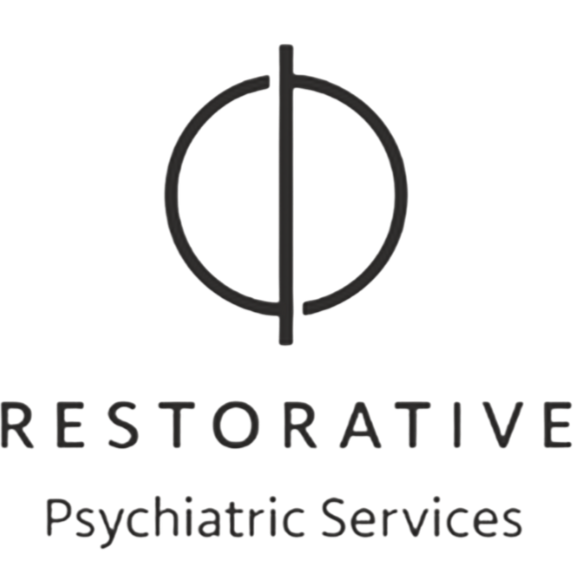Insomnia
Insomnia is a common sleep disorder that affects the ability to fall asleep, stay asleep, or achieve restful, restorative sleep. It can occur on its own or alongside other mental health conditions such as anxiety, depression, or stress-related disorders. Over time, poor sleep can impact mood, concentration, energy, and overall quality of life. Fortunately, insomnia is highly treatable, and a personalized approach can make a meaningful difference. Most treatment plans include a combination of the following:
Medication
Short-term or carefully monitored medication may be used to help improve sleep onset or maintenance. Options include non-benzodiazepine sleep aids, melatonin receptor agonists, or low-dose sedating antidepressants. Medication is often used as a bridge while long-term behavioral strategies are developed.
Therapy
Cognitive Behavioral Therapy for Insomnia (CBT-I) is considered the gold standard for chronic insomnia. It helps address the thoughts and behaviors that interfere with sleep, promotes healthier sleep habits, and improves long-term outcomes. Therapy can also help manage stress, anxiety, or mood symptoms that often contribute to sleep difficulties.
Lifestyle & Support Strategies
Establishing a consistent sleep schedule and bedtime routine.
Limiting caffeine, alcohol, and screen time in the evening.
Creating a calm, comfortable sleep environment.
Practicing relaxation techniques such as mindfulness or progressive muscle relaxation.
Addressing underlying medical or psychiatric conditions that may worsen insomnia.

